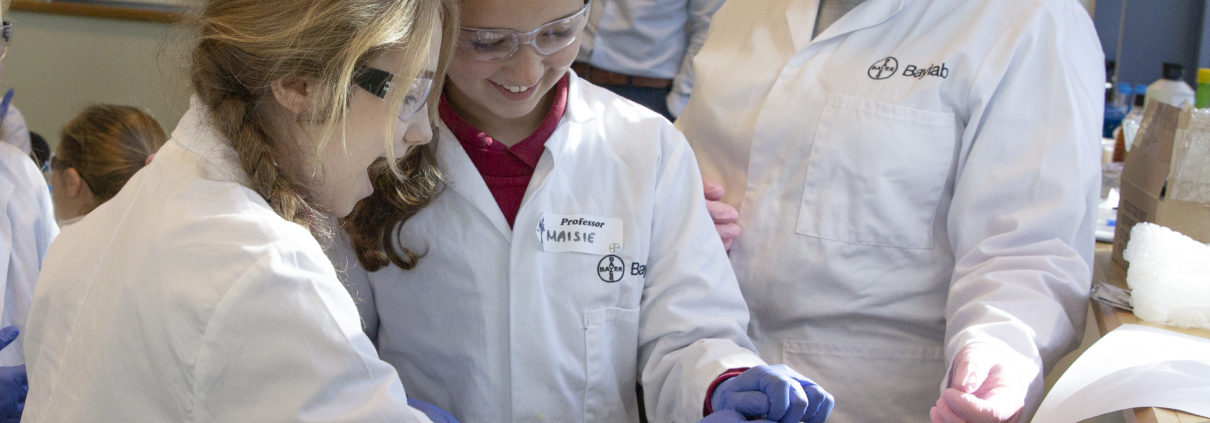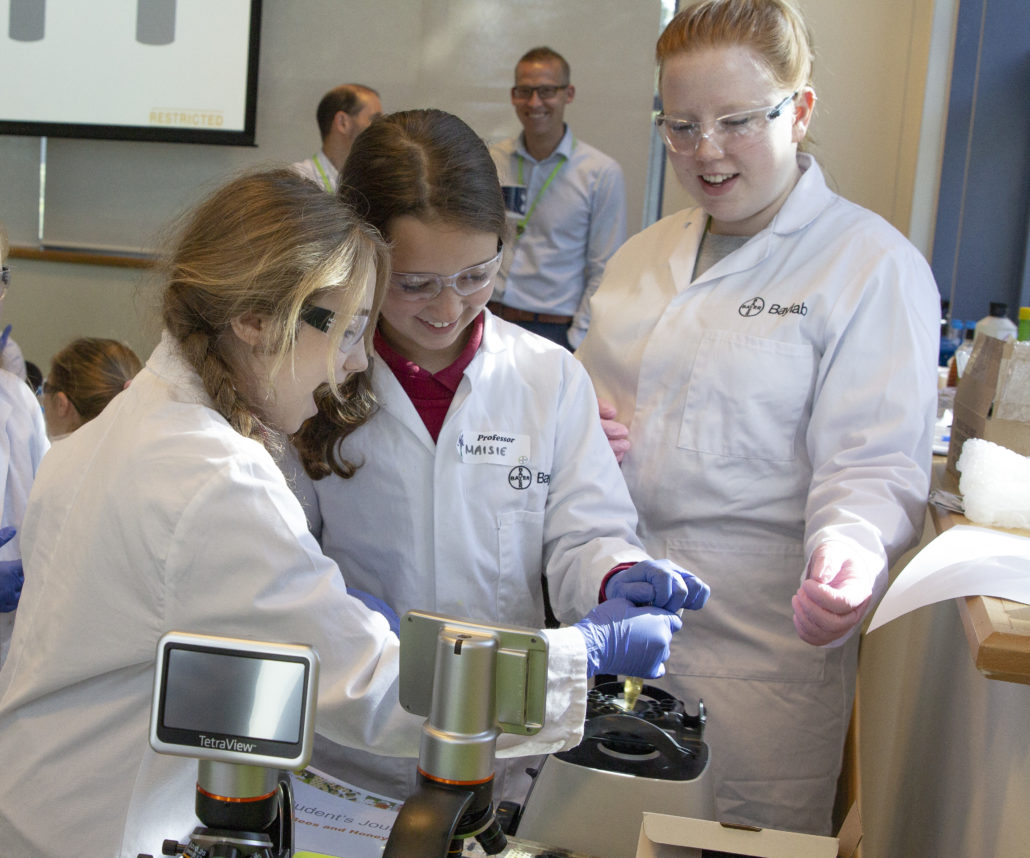Master Green Keeper Helps Oxford GC
Master Green Keeper Helps Oxford GC: Renowned Agronomist Greg Evans has taken the lead a two-year turf maintenance programme that has transformed the historic Oxford Golf Club.
Oxford Golf Club recruited Mr Evans on a consultancy basis to help create and implement a detailed green keeping improvement and maintenance strategy at the 18-hole course. The programme of focused activity has enhanced the greens, tees and approach areas. Mr Evans help devise the bespoke strategy and worked in partnership with Head Green Keeper Doug MacGregor. The Green Keeping team all welcomed the new philosophy and worked together to transform the course.

Mr Evans said: “Oxford Golf Club is a fantastic course and has always been well regarded. Following the implementation of a targeted agronomy plan it now has perfect greens and the rest of the course is of a very high standard.
“The club was really supportive and allowed us to close the competition greens for a tight maintenance window to enable us to really focus on a big agronomy programme. The greens have a good sand profile and so we carried out deep aeration activity and then followed a strict maintenance plan. This included targeted hard watering and tight cutting to produce faster, smoother greens. Within nine months the greens were performing very well, and they are the jewel in the crown of the course.”
The green-keeping team also focused on tees and approaches as part of the wider agronomy plan. Mr Evans added: “As with a lot of older clubs the Oxford Golf Club was built before irrigation systems were introduced and so the course tends to hold water. We hired in a verti-drainer to fully drain the course and changed the fertility programme to add small amounts of nutrients every ten days.”
Head Green Keeper Doug MacGregor said: “The introduced and continuation of the intense agronomy plan has been fantastic for the course, members and staff. It has been an excellent experience for the green keeping team and we can all take great pride in the enhancements we have made to the course.”
Stephen Nicholson, General Manager at Oxford Golf Club, said: “As a club we are committed to continually improving the course and the agronomy plan has formed a key part of our strategy. The club has really reaped the rewards of this intensive activity and our members and visitors alike have commented on the quality of our greens and tees. The Green Keeping team have all embraced the change in philosophy and done a fantastic job.”
Oxford Golf Club is the oldest course in Oxfordshire and features a Harry Colt designed 18-hole course, putting green, practice area and coaching school. It is located on Hilltop Road, Oxford. The club’s head professional is Joe Pepperell, brother of European Tour player Eddie.
For the latest industry news visit turfmatters.co.uk/news
Get all of the big headlines, pictures, opinions and videos on stories that matter to you.
Follow us on Twitter for fun, fresh and engaging content.
You can also find us on Facebook for more of your must-see news, features, videos and pictures from Turf Matters.











